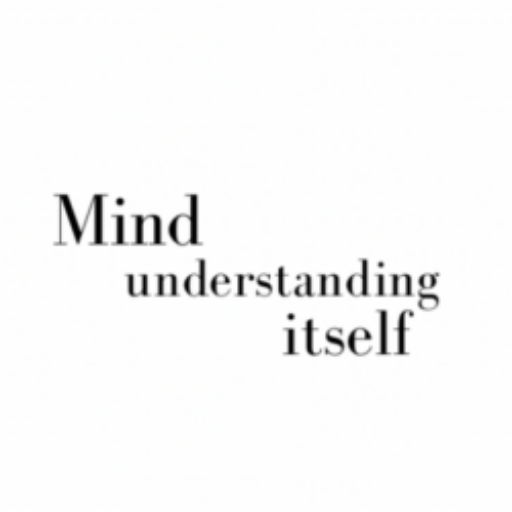What is Cognitive Behavioral Therapy (CBT)? – What Makes CBT Different?
As in all forms of cognitive behavioral therapies, CBT assume that psychological problems might be caused in part by our maladaptive/unhelpful/irrational ways of thinking, or behaviors.
In CBT, symptoms are not seen as the signs of “deeper issues” since any interpretation without evidence might be a cognitive distortion and contradict with the principles of cognitive behavioral therapy itself in the first place.
In fact, rather than looking for things that might not have ever existed, CBT is interested in what we can change in the present, so symptom relief is the actual goal of the therapy.
In CBT, therapist and client work together to identify the symptoms or problems, set specific and attainable goals. Then, they simply work on achieving them. Thus, CBT is a very goal-oriented therapy approach.
“The Therapy” does not commence before the patient is ready to work on his/her problem, so motivation for treatment is a must.
Sessions must be the work of a collaboration as the client is seen as the expert of his/her own problems while the therapist is the expert in helping him/her solve their problems.
The treatment is relatively short-term that usually lasts 10-20 sessions although it can be extended according to needs.
CBT sessions are highly-structured and typically employ emprically-based treatment packages.
CBT employs behavioral techniques both during and outside of the sessions. These can be in form of exposure sessions, exercises, and even homeworks, which again requires motivation and full participation of the client.
CBT can be used alone or along with medication.
Finally, countless studies have shown the effectiveness of CBT to be equivalent or even superior to pharmacotherapy while the most striking result has been its success in preventing relapses in many psychological disorders.
References
Beck, A. T. (2005). The Current State of Cognitive Therapy: A 40-Year Retrospective. Archives of General Psychiatry, 62.
Goldfried, M. R. (2003). Cognitive–Behavior Therapy: Reflections on the Evolution of a Therapeutic Orientation. Cognitive Therapy and Research, 27 (1).
Dobson, K. S., & Dozois, D. J. A. (ed) (2019). Handbook of Cognitive Behavioral Therapies. New York, NY:The Guilford Press.
Shawe-Taylor, M., Rigby J (1999). Cognitive Behaviour Therapy: Its Evolution and Basic Principles. The Journal of the Royal Society for the Promotion of Health, 119(4).
Leahy R. L., et al. (2012). Treatment Plans and Interventions for Depression and Anxiety Disorders. New York, NY:The Guilford Press.
Viven CBT Guided Journal
Meet Viven. A mobile application built on CBT techniques.
Viven provides a simple, structured space to work on automatic thoughts, thinking and behavioral patterns, cognitive distortions, and track mood.
Vision & Goals section of Viven is, in fact, dedicated to CHANGE. We know that simply working on thoughts is not enough to make change real.
All content is free. Check it out:
AppStore Link: https://apps.apple.com/tr/app/viven-cbt-guided-journal/id6752717356?l=tr
PlayStore Link: https://play.google.com/store/apps/details?id=com.rayinformatics.viven







